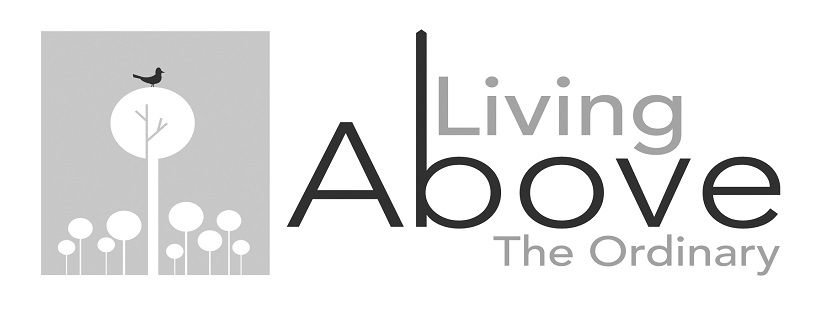
Are You “Stuck” In The Resentment Phase After Divorce?
December 22, 2022
ARE YOU STUCK IN THE REMORSE PHASE AFTER DIVORCE?
March 1, 2023In the previous two blogs, I share the first two phases on the Road Through Recovery. Each of the five phases consist of feelings and emotions you may be conflicted about; and as a result, they keep you stuck in the past.
The first phase is Rejection whereby you may still be in denial of the reality of your situation. Rejection is used as a defense mechanism so that don’t have to deal with all your conflicted feelings. The second phase is Resentment. Here you may have complicated feelings that are difficult to process, and you find yourself playing the “victim”.
The third phase on the Road Through Recovery after divorce is the Renegotiation Phase. In this phase you may feel desperate to alleviate the pain and willing to do almost anything to lessen it. It’s your way of trying to postpone the inevitable. You may look for ways to regain control or change the outcome that is now your present reality.
This phase gives you temporary escape from what is; and if used in a healthy way, it can give you needed time to adjust to how your life is now. If not, you find yourself making up scenarios in your mind trying to make a deal. You imagine trying to go back and doing things differently so that the outcome is contrary to the facts.
Spending time and energy around what could have been give the past the power to take away the potential for a new, purposeful future that you deserve.
Here’s the thing.
There is a multitude of disappointments and unhappiness over many issues. This phase is used as a defense mechanism against the feelings of misery and pain. It aids in stalling the emotions of hurt, confusion, and sadness.
Attempts to try to stay connected after the marriage is over are counterproductive to the healing process. It prevents the clean emotional break that is necessary to move forward.
Meet Libby.
Libby is dwelling on the “What If” and “If Only” scenarios and will do anything or resort to drastic measures to try to win her “ex” back. This includes a willingness to change herself.
She tries making a promise and a deal with a higher power and thinks, “Please, if my husband will give me another chance, I’ll make the right choice this time.”
Libby blames herself for losing her husband, Noah. Libby meets Noah at work while in her early 30’s, and they are married for 31 years. They both have children from previous marriages. Both are passionate about their careers; and now after many years of service, they are ready to retire.
She is looking forward to relaxing and pursing some of her hobbies and interests that had been cast aside while filling the roles of mother, wife, caretaker of father until he passed, and career woman. She’s totally exhausted.
Noah has other ideas. He wants to travel and see the world and get to it as soon as possible. They have discussions about what they want to do when retire. Libby’s vision, now that the time has come, is drastically changed and not aligned with Noah’s. They have also grown apart little by little over the years.
Long story short, Noah files for divorce and leaves to follow his dreams. Now in the present moment, Libby wishes she had just gone off with him.
What Feelings and Emotions Does Libby Experience?
Libby feels guilt and pain about her decision to stay behind and be true to herself. This leaves her feeling that she doesn’t deserve to be happy. She is stuck within the Road Through Recovery.
She can’t stop thinking about how her decision causes worry and unhappiness to those who are closest to her.
By trying to renegotiate the past in her mind, she’s not able to move out of it. Libby’s simply stuck.
What Does She Begin To Recognize?
Libby becomes “unstuck” and begins to RISE UP AFTER DIVORCE when she realizes that she has to work though some tough personal challenges. Ways she finds to release the bartering back and forth in her mind were the following:
- Learn to stop going over scenarios in her mind that could resurrect the marriage because it is over.
- Refocus on the next step moving forward instead of what could have been done differently.
- Realize that renegotiating is a buffer against the emotions of melancholy, regret, or fear.
What Are Some Simple Steps Libby Can Take?
- Become aware of when the bargaining scenario (words or actions) plays in her head. Write it down. Then, write a scenario that is self-empowering refocusing her thoughts to her present life.
- List three reasons why being true to herself, her authentic self, is to be celebrated.
- Read about the power of forgiving oneself, and how it is freeing and liberating. Accept her feelings and forgive herself because it makes it easier to move forward.
- Engage in a special activity that brings happiness and joy because she deserves it.
What Are The Positive Takeaways?
Libby learns that focusing her thoughts on the past and what could have been, it’s a waste of good time and energy. She realizes that trying to regain something that isn’t available anymore is in her best interest. Shaming and blaming herself doesn’t serve any constructive purpose in helping her to move forward. She begins to recover and heal.
If you feel you may be stuck in the Renegotiation Phase, I encourage you to take the RENEGOTIATION PHASE SURVEY. It’s my gift to you. It has questions, suggestions, and ideas for action steps going forward.
What Do You Think? Let’s Have A Chat.
Does bargaining in your mind serve you in any way?
Is it going to change your situation, circumstance, or the condition of your present life?
You can watch this free webinar. Learn how to rise up after divorce and create a new, purposeful life.



